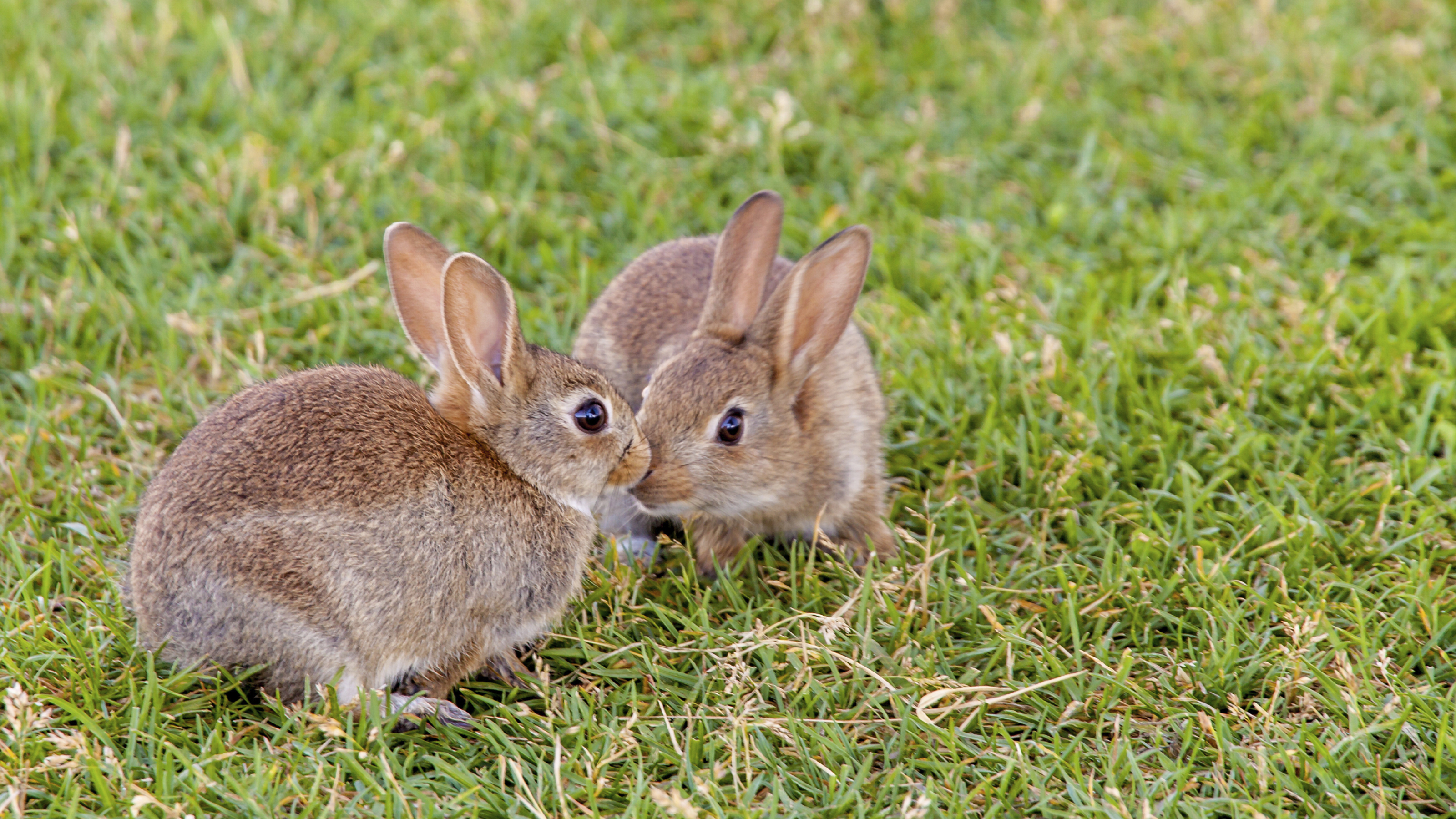Many people who decide to share their life with a rabbit, imagine a small “Tambor” in their hallway, but are quickly surprised to see that this little furry man marks the territory or bites as he passes by.
To avoid such situations, in Animal Expert we will talk about rabbit castration, its benefits, some advice and the care it requires. For the comfort and health of your rabbit, sterilization is something you should consider necessary.
- Before surgery.
- The veterinarian may ask your rabbit to take a bowel motility stimulant.
- In other situations.
- It is injected into the intervention.
- But this will depend on the preferences of the professional.
Anesthesia in all species delays gastrointestinal transit, but due to the peculiarity of the large intestine of rabbits, attention should be paid to its proper functioning.
It is also necessary to fast only two hours. It’s a small animal, so you can’t leave it without eating any longer, plus without food intake there’s no intestinal transit. Therefore, you should have access to food and water up to two hours before the procedure. Remember that the basis of your diet is hay.
If you notice sneezing, eye secretions, or any other changes that don’t seem too relevant to you, but you do find it unusual, you should report or take the animal to the clinic. Many diseases of “controlled” rabbits, or in a form called subclinical under normal conditions, can get worse with stressful situations.
Consult the specialist for all the details you deem relevant
After the procedure, it is essential that the rabbit re-eat as soon as possible. During your recovery it will be advisable to offer fibrous food (foin) and water, and if after a few hours you reject any food, you will have to force yourself to eat something with a syringe. Sometimes baby fruit pots are useful when there’s no chance of giving anything else.
An alternative is to add three tablespoons of water to a handful of hay, a few strips of green pepper and a small piece of unpeeled apple, and crush until you get the juice from the mixture. This liquid contains a lot of fiber and nutrients, and often the rabbit just needs a little stimulation to open the appetite and start eating alone. When given in small doses, it usually works to start eating. Additional tips include:
Once the rabbit is back in his environment, his recovery will be much faster leaving behind the stressful but fundamental experience of castration. These tips on rabbit sterilization, their care and some tips can complement the instructions your veterinarian will give you.
This article is for informational purposes only, in Animal Expert.com.br we cannot prescribe veterinary treatments or make any kind of diagnosis. We suggest that you take your pet to the veterinarian in case of any type of condition or discomfort.
If you would like to read articles similar to, we recommend that you visit our Prevention section.

